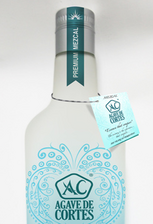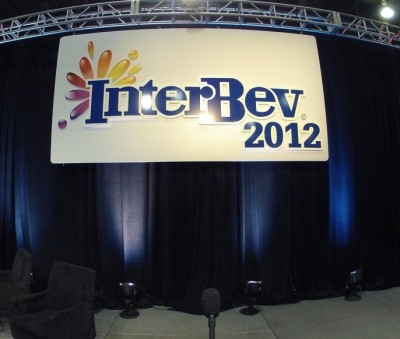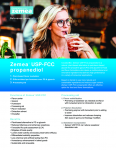DISPATCHES FROM INTERBEV 2012, LAS VEGAS
Big beverage players were ‘stuck behind the 8 ball’ on HFCS – Consultant
This content item was originally published on www.beveragedaily.com, a William Reed online publication.

Concannon discussed issues stemming from an address at InterBev given by KDPaine & Partners, which (in research supported by the Corn Refiners Association/CRA) analyzed 272,360 social media posts on high fructose corn syrup (HFCS) from Q1 2012.
“What is those hundreds of comments and ReTweets weren’t, in fact, from real people. Or if they are real, their motivations are not what you think they are?” Katie Delahaye Paine and Heather Fysh said.
Paine and Fysh found that (1) a small number of ‘users’ (mainly robots, pay-per-click sites, content farms) created a disproportionate amount of content – more than a third of posts are created by 10% of posters, while (2) ‘one-shot posters’ unengaged with content created the majority of posts.
Social media heat, but not light…
As a ‘hot’ social media topic HFCS has attracted extensive mainstream media coverage in recent year, following the 2004 Popkin study in the American Journal of Clinical Nutrition (AJCN) that hypothesized a link between rising US obesity rates and HFCS in particular.
But Concannon said P2P created a disproportionate ‘negative buzz’ for HFCS, which led to major brands such as Capri Sun changing formulations to cut it out, before eventually switching back more recently.
Concannon told BeverageDaily.com: “Social media really provided quite a lot of heat, but really, not a lot of light, about the science that was pretty quickly refuted, while what was left was really more of a publicity driven controversy about the healthiness of HFCS.”
“In hindsight, we can see (looking at data from Nielsen and elsewhere) that switching away from HFCS was not really a strategy that worked anywhere. You don’t see the performance on the shelf justifying having made a switch to begin with," he added.

















